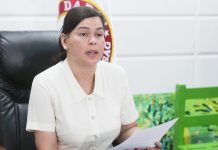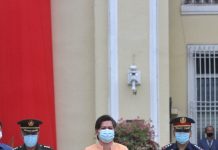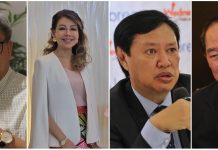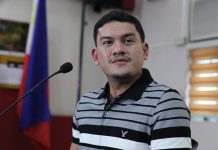Respondents of a major poll on peace remain hopeful of a brighter Mindanao despite the prevalence of poverty and conflict.
In a preliminary report of findings from a wide-ranging consultation on peace, schools played a strong role in strengthening positive values, eradicating cultural biases, and promoting peace.
Fr. Albert Alejo, SJ, project coordinator of Konsult Mindanaw which undertook the survey, said that the findings “affirm the notion that education is a vital part of community-building and a key element in forging a meaningful peace.”
Upon the behest of the influential Bishops-Ulama Conference, Konsult Mindanaw began polling respondents in eight regions since the start of the year.
Its work has resulted in the conduct of 311 focus group discussions involving 4,916 respondents.
Alejo, an educator and anthropologist by training, said the recurring mention of “peace education” across the survey findings “reflects a popular desire to address conflict through dialogue and understanding.”
Respondents pushed for a “systematic implementation of peace education in the curriculum in all levels of education.” This includes short but sustained courses on the Culture of Peace (COP), as well as appropriate teachings on the Muslim faith.
“According to Muslim respondents, teaching the Islamic religion and culture to Christians will help them appreciate the beauty of Islamic faith and Muslim culture,” states a survey entry.
COP must be focused on justice and peace, say other voices in the survey. And this must be introduced not only in schools but in local governments and grassroots communities.
They add that such teachings may be translated in books for children, or in modules designed both for formal and non-formal education.
Another common theme in the findings is values formation.
Respondents say that this “should be taught in the Madaris (Muslim) and Christian schools. We should teach children the value of good relationship. Teach the real way of peace, which is God’s word. Promote unity, love, and understanding to one another.”
Respondents also encouraged government and the private sector to grant more scholarships to Muslim and lumad youth. Literacy programs must extend to more marginalized sectors as a way of broadening cultural understanding.
Above these, they added, government must show its support to education by increasing its budget allocation.
The initial findings also mirrored a desire for an appreciation of the Mindanao conflict from a historical perspective.
“Revisit the history of Mindanao,” says a survey entry. “Take into account the need to teach the ‘real’ history of Mindanao as part of the school curriculum.”
0 Comments
Oldest






